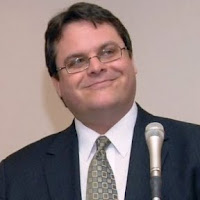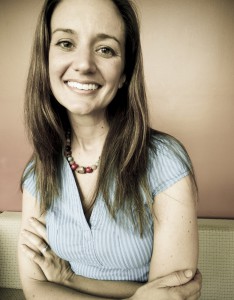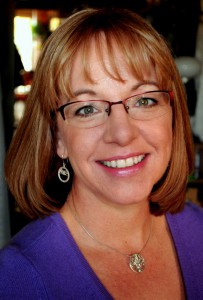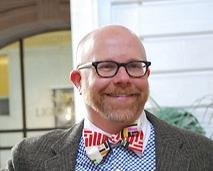Welcome to Profiling Great Sexuality Educators! This is the first of many! Profiling Great Sexuality Educators includes interviews that originally appeared on the website of The Center for Sexual Pleasure and Health and is adapted and reprinted with permission. And what better way that to start off this weekly post than with the interview with our very own Bill Taverner!
I am the executive director of The Center for Family Life Education, a national sexuality education organization housed at Planned Parenthood of Greater Northern New Jersey. I am also the editor of the American Journal of Sexuality Education.
Where are you based out of?
The CFLE is located in Morristown, NJ.
What is your focus? What do you do?
At The CFLE, my colleagues and I develop sexuality education manuals that are used internationally. Currently we are launching two new manuals: Game On! The Ultimate Sexuality Education Gaming Guide and also the third edition of Teaching Safer Sex.
We train professionals nationwide, host an annual sexuality education conference, and have robust local sexuality education programs.
What are your particular goals and passions in the field?
People of all ages are deserving of complete and accurate sexuality education. We need to improve access to sexuality education for people of all ages.
Why did you choose to work in this field?
When I took my first college course in human sexuality, I was fascinated with my own lack of knowledge about sexuality. Who knew there was so much to know? That was a primary reason I continued to study – that there was so much to learn, and so much of it was so interesting.
My first professional job in sexuality was with Phoenix House, which provides treatment for people recovering from substance abuse. I was hired to develop their sexuality education and training programs and I quickly learned about the impact poverty and drugs could have on sexual decision-making. (And conversely, how various factors associated with sexuality – sexual abuse, sexual shame, sexual coercion, and more – could lead to substance abuse). This experience cemented my belief that complete, accurate sexuality education is an essential ingredient in the formation of healthy lives.
Where did you go for school/training?
For my undergraduate studies, I was a student at the University at Albany in New York. Then I studied in the now-defunct graduate program in human sexuality at New York University. I also studied in a graduate cross-cultural program in Copenhagen, Denmark.
How did you get to where you are?
Oh, this is a long answer! Long enough for a paper that I wrote, with recommendations for emerging sexologists! See Tips for Emerging Sexology Professionals: Networking and Nurturing.
What would you recommend to future sexologists attempting to get into the field?
I have lots of recommendations! See my article! But to sum it all up here: Hang in there, and be strategic!
What is the most challenging aspect for you working in this career?
The organized and systematic efforts – by a comparative few – to control the sexuality of all Americans and dictate their sexual decisions.
One must read-what would you recommend? Why?
I highly recommend reading “America’s War on Sex” by Marty Klein. One cannot be an effective sexuality educator without understanding the socio-cultural backdrop in which we teach.
Do you have any literature out where we could learn more about your work?
One of the resources I am proud of is a manual I co-authored, Older, Wiser, Sexually Smarter,” a sex ed manual for older adults. See http://www.sexuallysmarter.com.
The book, co-authored with Peggy Brick, Jan Lunquist, and Allyson Sandak, is significant in that it expands sexuality to people of all ages.
__________________________________________________________________
Profiling Great Sexuality Educators includes interviews that originally appeared on the website of The Center for Sexual Pleasure and Health and is adapted and reprinted with permission.





